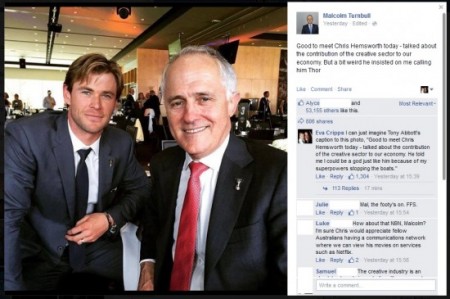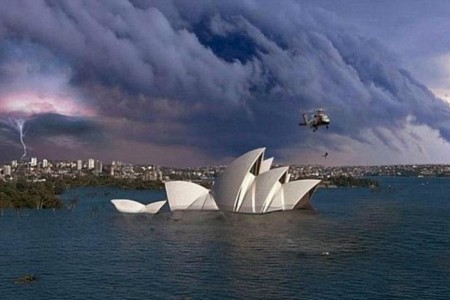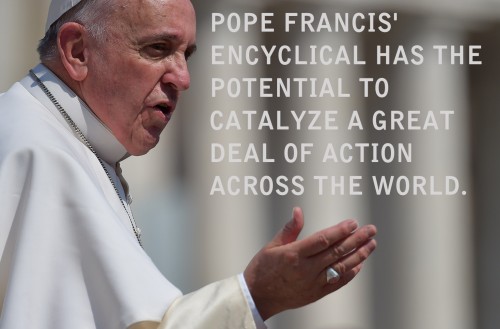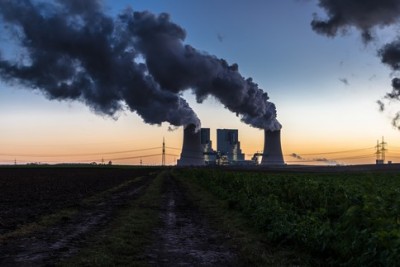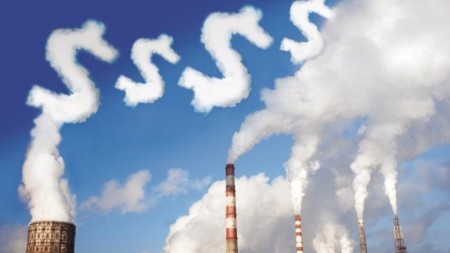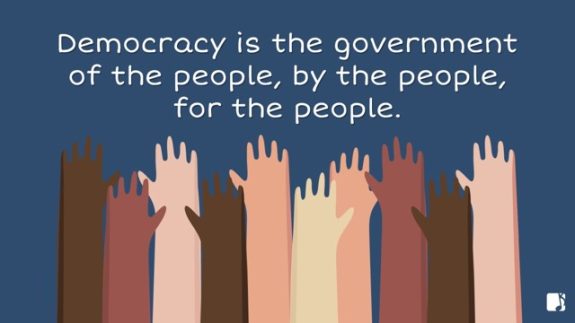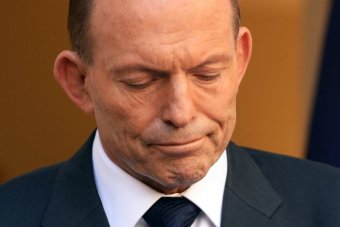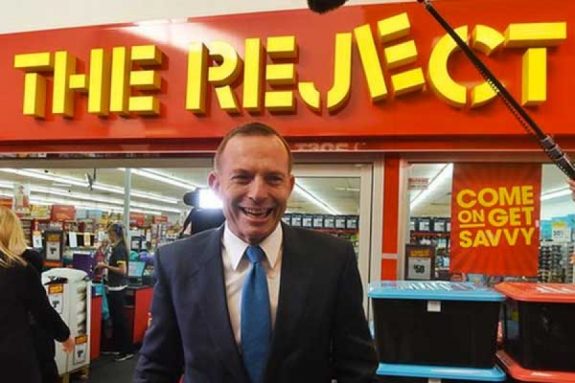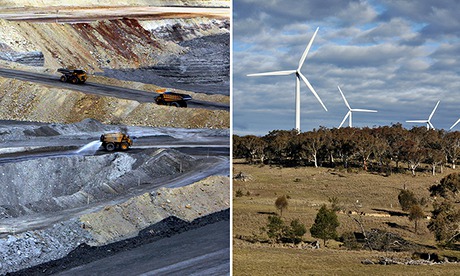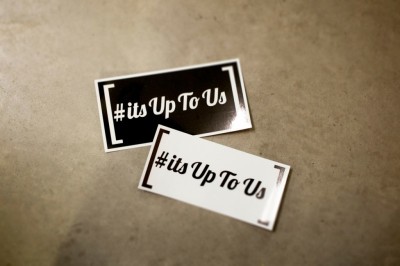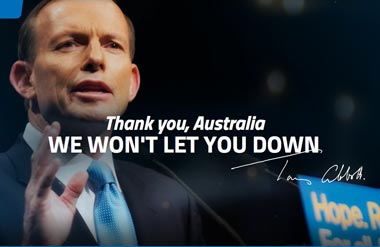“You cannot believe in democracy and at the same time expect that the party you support is the only one that should ever win”.
What can you expect then, if your team doesn’t win? You won’t be happy and you know in your heart that the new government will do things that you disagree with. And it has every right to do so.
I have a general view of government that goes something like this.
“Good government is about making and implementing decisions that serve the common good. That give security to the people it governs. Follows the rule of law and is truthful about its intentions. When making decisions it must be responsive to the will of the people. It should allow its citizens to be participatory in the function of government.
It should be inclusive, equitable and supportive of the people’s right to know. By equity I mean the people have a right to a fair reward for the fruits of their labour and the wealth of the country. And above all it should be answerable to the people”.
And I might add that in the recipe of what makes good government the most important ingredient is ‘leadership’.
So I have an expectation that the government elected by the people in a democracy I support, might show competency. That it might govern for all the people keeping in mind that a fair proportion of them would have voted against them.
Looking back, the 2013 election was the worst in my memory. On the one hand we had a party with a public perception of dysfunction although the reality was that it passed 585 bills 87% supported by the opposition and was never defeated on the floor. It took to the election some excellent policy reforms. On the other hand the LNP, who never saw the government as legitimate, brought very little policy to the table choosing instead to play small target, piggy back Labor’s, and relied on the unpopularity of the government to secure victory.
From all this the public were the losers. There was no debate on the best way forward for Australia’s future. There was no exchange of ideas or credentials for government. It was an election devoid of intellectual integrity, discourse, ideals and honesty.
As the Abbott Government approaches its second birthday it’s interesting, for me at least, to in hindsight appraise the Prime Minister’s leadership and governance against my own performance criteria by measuring a few key factors.
Leadership
Abbott has been an abject failure as Prime Minister. His leadership has survived one challenge and as I write the feeling in political circles is that he will undergo another one soon. He chose to make unilateral captain’s calls that have done nothing more than reveal a predisposition for bad judgement.
He is a dour fellow with unrelenting negativity that runs like rust through his veins and has little time for ideas that don’t reflect his own. He is aggressive both physically and in the use of language. He is by evidence and his own admission a liar of some consistency.
Added to that he has a political gutter mentality and little respect for the institution of parliament and its conventions.
What sort of leader would say this prior to an election and then do the opposite.
“It is an absolute principle of democracy that governments should not and must not say one thing before an election and do the opposite afterwards. Nothing could be more calculated to bring our democracy into disrepute and alienate the citizenry of Australia from their government than if governments were to establish by precedent that they could say one thing before an election and do the opposite afterwards” (Tony Abbott).
Abbott’s long history of making inaccurate and more often than not statements that offend individuals and groups is legendary.
As opposition leader he spent most of his time pursuing the demise of Gillard. Accordingly he went to the election with no policies, has developed none since, and has no vision of what a future Australia might look like.
He leads a government of political reaction. By that I mean that every reaction on whatever topic has the measure “how will it affect us politically” attached. Its first reaction is to always react rather than control situations.
Some governments manage to negotiate the inevitable potholes of office with a modicum of grace. The Abbott Government has been hopeless at crisis management. It has repeatedly failed to foresee obvious perils, and struggled to deal with soluble dilemmas. The cause of this has undoubtedly been very poor leadership.
Employment
The fact is that despite all its propaganda to the contrary there are now 800,000 people without a job. More than when Labor was in power. Or the highest total in 23 years.
Marriage Equality
Public support for Gay Marriage in current polling is at 69 per cent. With all the polls indicating such high support why is it necessary to spend 100 million of a plebiscite. The demand to act and act now is further reinforced. Otherwise the public will view a non-decision as nothing more than a tactic to first delay and then defeat the push for equality. Which it probably is.
The Economy
Hockey and Abbott whilst in Opposition hounded the Gillard/Rudd Governments as hopelessly incompetent financial managers. Abbott said things were so bad that he described the budget as an emergency, when the deficit was $18billion and Net Debt was $176billion. The deficit is now $35 billion and net debt $265billion. What explanation have they.
Hockey’s first Budget was the worst received ever and his second amounted to nothing more than a repair job on the first. It predicted a deficit of $35.1bn this financial year. This would be followed by deficits of $25.8bn in 2016-17, $14.4bn in 2017-18 and $6.9bn in 2018-19, and these figures assume the passage of contentious budget savings that are stalled in the Senate and unlikely to pass. On top of that the growth projections in the budget are considered by both Howard and Costello to be fanciful.
The importance of budget surpluses has been overstated. Since 1945, significant budget surpluses have been achieved only rarely: once by Ben Chifley, three times by Bob Hawke, and eight times by John Howard, who shared another with Rudd, who was elected during the 2007-08 fiscal year. That is, the Menzies, Holt, Gorton, McMahon and Fraser governments managed only a few, small surpluses. So much for the claim about the Coalition’s fiscal management being superior to that of Labor… The surpluses by Howard came from an unprecedented, never to be repeated mining boom and the sale of public assets. Let’s keep it in perspective.
The NBN
The NBN was a major initiative of Labor. Howard during his tenure of government tried 13 times to develop a policy and failed each time. Abbott being the Luddite that he is wanted to destroy it and appointed Turnbull to do so. He at least saw the light in terms of future benefits and possibilities but as it stands now the LNP continues to make a meal of the NBN rollout with a cost blowout of $15b since last estimate in December 2013.The budget had already blown out considerably (after having blown out to $41 billion, twice what the Coalition insisted their less-ambitious version of the NBN would cost before the 2013 election) and that NBN Co are going to have to find the money from either greater debt or private equity. Yes they were telling lies all along.
And the revised rollout of the network will end up being 20 per cent fibre-to-the-premises, 38 per cent fibre-to-the-node, 34 per cent HFC, 5 per cent fixed wireless and 3 per cent satellite.
Fibre to the house is the rolled gold connection and MPs will have to explain to their electorates why some are getting it and some are not. Are you in a marginal seat?
Morality of governance
The Abbott Government has demonstrated a willingness to govern for the rich, the privileged and corporations.
The word “lying” (in political terms) has been replaced with the more subtle reference of “overstatement. Almost everything spoken by him and his Ministers has an element of exaggeration or downright untruth about it.
By appointing Bronwyn Bishop as speaker he knowingly trashed an already tarnished Question Time. Bishop treated the position as some form of reward or distinction for longevity of service. Under her stewardship, and with Abbott’s approval, Question Time descended into a chamber of hate. Now it is just an excuse for mediocre minds who are unable to win an argument with intellect, charm or wit to act deplorably toward each other. And in doing so debase the parliament and themselves as moronic imbecilic individuals.
By allowing cabinet papers to be scrutinized by Royal Commissioners he trashed another long held convention.
The people’s right to know became obsolete with the FOI Commissioner forced to work from home because of funding cuts.
Ministerial responsibility became a principle of yesterday, unsuited to today’s politics.
Parliamentary expenses became privileges and over a long period the Prime Minister showed a taste for extras by leading the way.
Climate Change
Tony Abbott from the very start of his term of office has conveniently said that emissions cause Global Warming but his every action, his every statement, would indicate otherwise.
The Governments announced 26% target on greenhouse emissions below 2005 levels by 2030 is pathetically inadequate and less ambitious than most other developed countries.
We have a group of deniers being reluctantly dragged to Paris without a clue about what the science is telling them.
People should not be fooled by the % but consider the level by date and the end date. The government might also explain how it intends to pay for it.
On these numbers we would still be the world’s highest per capita polluter in 2030.
Royal Commissions
Abbott’s leadership has had all the hallmarks of retribution. Politics to him is as much about the annihilation of ones opponents as it is about making the country a better place. So he set about implementing Royal Commissions that in reality were nothing more than witch hunts against his opponents calculated to damage them as much as possible. There is nothing that has been found thus far that could not have been investigated by existing authorities. The appointment of Dyson Heydon who was a known Coalition supporter and the consequent controversy over his perceived bias has tarnished the process to the point that democracy itself is the biggest loser.
Women
Although he purports to be the Minister for women what he says and does are direct opposites. In the budget he withdrew money from Domestic Violence programs only to have to embarrassingly reinstate it later. On the whole he has done nothing to advance the prospects of women. Even in his own party, despite the rhetoric, women find it difficult to find a pathway to political representation.
Indigenous Recognition
Again he is found wanting in the area of Aboriginal advancement. There is much confusing talk that simply amounts to putting the ‘’black fellars’’ in their place but little in the way of constructive policy outcomes.
Conclusion
There are many other areas that I could have touched on like International Diplomacy, Health, National Security and the NDIS but I have said enough to make my point. Even if you voted against him you are entitled to expect better than this rabble. Even if, in all fairness, you admit that the winner has won the right to rule according to the parties ideological strategies, you are still entitled to expect a modicum of good government.
We have not had anything like it. On the contrary, commentators suggest Abbott has led the worst government ever.
People need to understand that to re elect him would only serve to reinforce his extremism. The consequences of which this writer does not want to even comprehend.
Like what we do at The AIMN?
You’ll like it even more knowing that your donation will help us to keep up the good fight.
Chuck in a few bucks and see just how far it goes!
Your contribution to help with the running costs of this site will be gratefully accepted.
You can donate through PayPal via the button below, or donate via bank transfer: BSB: 062500; A/c no: 10495969

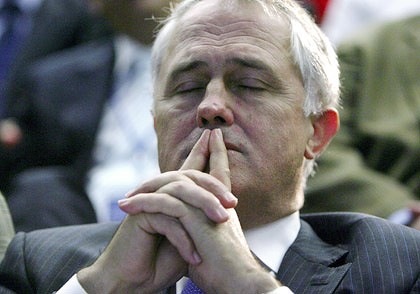
 When progressives realise what it really means for the country to have a free marketeer in charge, and they realise it’s actually impossible to be economically-right and socially-left at the same time, and when they don’t agree with Turnbull that healthcare and education should be run at a profit, they might realise their progressive vote definitely does not belong to Turnbull. ‘Privately run’ hospitals and schools is a very steep, buttered slope towards the end of free-for-all-and-all-alike hospitals and schools, which quickly leads to hospitals and schools only available to those who have the means to pay. I assume this is not an outcome progressives strive for?
When progressives realise what it really means for the country to have a free marketeer in charge, and they realise it’s actually impossible to be economically-right and socially-left at the same time, and when they don’t agree with Turnbull that healthcare and education should be run at a profit, they might realise their progressive vote definitely does not belong to Turnbull. ‘Privately run’ hospitals and schools is a very steep, buttered slope towards the end of free-for-all-and-all-alike hospitals and schools, which quickly leads to hospitals and schools only available to those who have the means to pay. I assume this is not an outcome progressives strive for?









